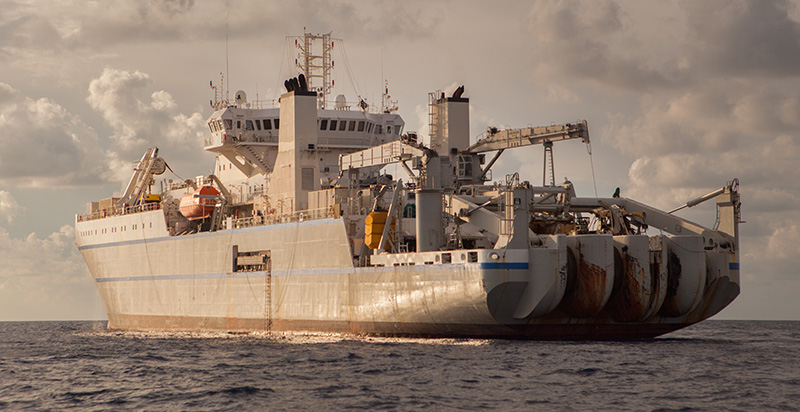Unravelling the communications web

Telecommunications is interwoven into the fabric of modern society. We perhaps take it for granted our ability to access online services and communicate electronically with family, friends, and colleagues.
Because of our reliance on telecommunications, any unravelling of the communications webs that serve national and international communities must be avoided. But threats to our ability to communicate take many forms including natural disasters, accidental damage, and malicious actions.
Earlier this year, damage to four subsea cables off the west coast of Africa disrupted internet services across the continent. Cables affected included the West African submarine cable system (WACS). The cause of the disruption is believed to be seismic activity. A year earlier the same cable was damaged with the cause attributed to a subsea landslide.
Just prior to the 2024 WACS disruption, three submarine cables in the Red Sea were damaged, probably by the anchor of a cargo ship sunk by Houthi militants. The Red Sea is a critical telecommunications route, connecting Europe to Africa and Asia via Egypt. The severing of the WACS system at around the same time made finding alternative routes for African traffic more difficult.
In 2023, a gas pipeline and a close-by subsea telecommunications cable stretching between Finland and Estonia were damaged. On the same night, another subsea telecommunications cable connecting Estonia and Sweden had also been damaged.
The cause of these events is clouded by politics and possible subterfuge. At the time a nuclear-powered ship owned by the Russian state was in the area. But to make the situation even murkier a Chinese vessel was tracked accompanying the Russian ship at both locations. Finland has recovered the anchor of the Chinese vessel from near the gas pipeline. Whether the damage to the two cables and pipeline was accidental or malicious may never be ascertained. Both China and Russia deny any involvement.
Because of these threats to International communications, the EU Council has produced a report on the cybersecurity and resilience of Europe’s communications infrastructures and networks. Included in that report is a recommendation that EU member states should investigate the ownership, capacity, resilience, and redundancy of core Internet infrastructure including submarine cables.
PTT’s online courses “Telecommunications systems security” and “Telecommunications infrastructure and administration” discuss how to improve the resilience of the telecommunications systems we all rely on.